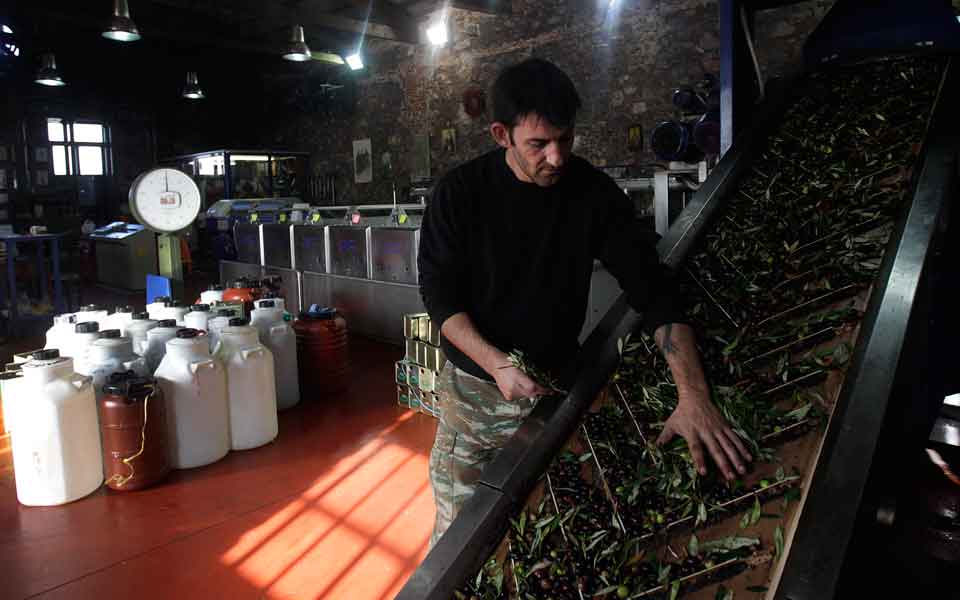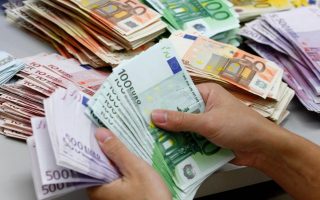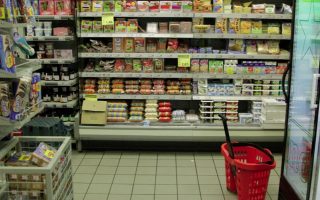Food industry a vital part of Greek manufacturing sector

The Greek food industry boasts the greatest share of enterprises in manufacturing and is the biggest employer while enjoying the second highest turnover in the country’s secondary sector, according to data from the Foundation for Economic and Industrial Research (IOBE).
The food industry accounts for 25 percent of all manufacturing enterprises in the country, far ahead of metallurgical firms (13 percent) and apparel companies (12 percent). Food corporations also employ 28 percent of people who work in Greek manufacturing, while metals producers account for 9 percent and apparel just 6 percent.
The sector’s presence is fundamental in plain financial terms, as the value of its output represents 20 percent of the total in the manufacturing sector and gross added value more than 26 percent. Food ranks second in turnover with 22 percent, behind fuel and other refinery products (33 percent).
The food sector is dominated by small companies: Both in food (95 percent) and drinks (87 percent) the vast majority of enterprises are very small, employing no more than nine people. By contrast, in terms of turnover, large companies (employing more than 250 people) account for large shares of their respective sector – 36 percent in food and 57 percent in drinks.
Due to their high number (some 13,000), very small food enterprises are behind a significant 18.2 percent of turnover, while the same share in drinks firms comes to 7.8 percent, given that they number just 661.
In terms of food production value and gross added value, while the highest share (36 percent) goes to very large enterprises, large companies – those employing between 50 and 249 people – cover 33 percent, with 27 percent of employees; very large food enterprises employ 29 percent of the sector’s staff, behind the 32 percent share that belongs to very small companies. In the drinks sector 41 percent work at very large companies and 28 percent at large companies.
It should be noted that the total annual per capita consumption of food and non-alcoholic beverages remained stable at 2,000 euros in 2015 year-on-year, while in 2010 it had stood at 2,500 euros, entailing a 20 percent drop in just five years.





